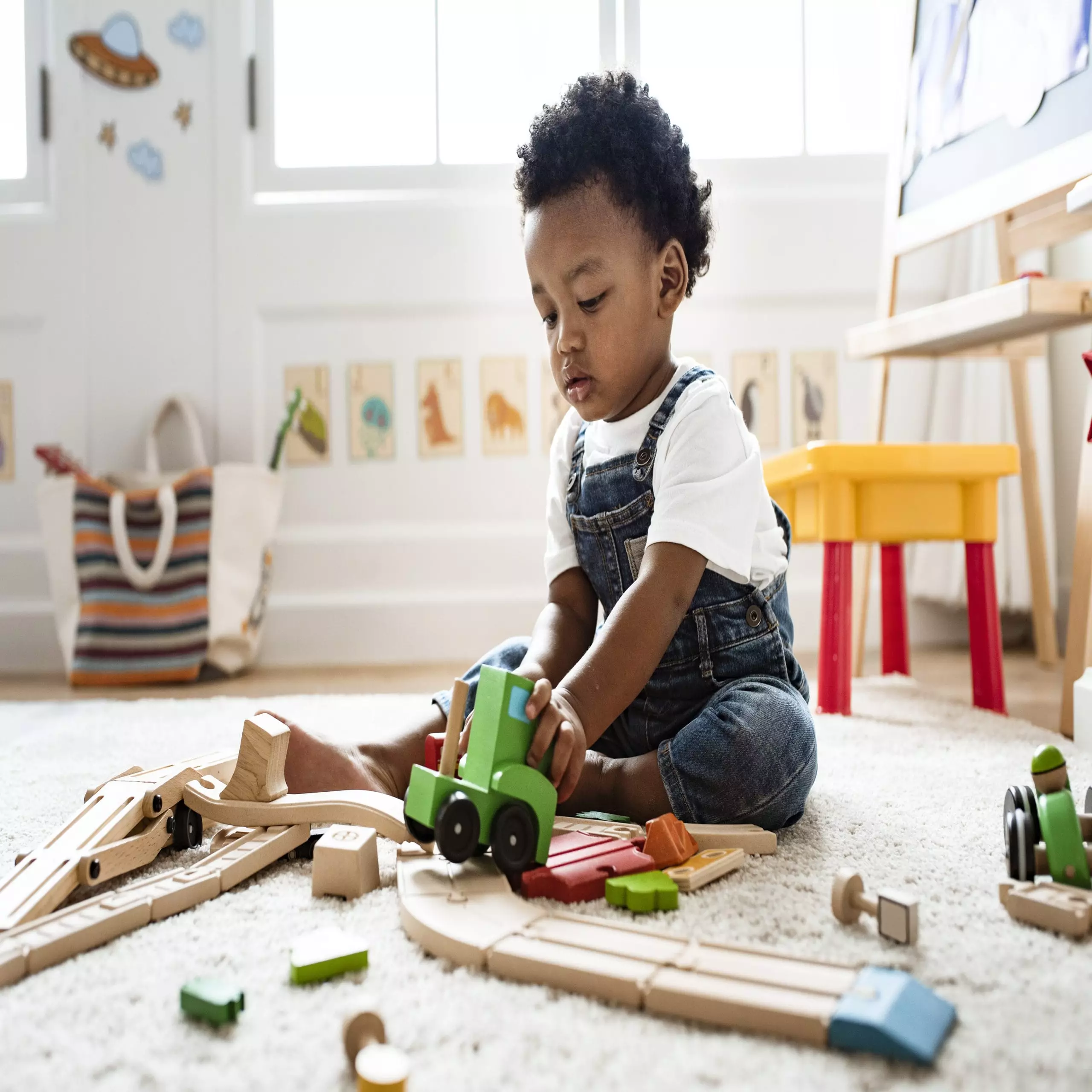The early years of a child’s life are a fascinating exploration time, offering parents unique opportunities to support their toddlers’ rapid development. Experts estimate that an astonishing 85% of brain growth occurs within the first three years. During this formative stage, every interaction counts as toddlers actively soak up their environment and learn from their experiences. Therefore, it’s essential for parents to adopt strategies that encourage growth in a nurturing and engaging manner.
One of the most effective ways to foster early language and literacy skills is to cultivate a love for books. Interactive reading sessions, where parents invite toddlers to participate, can be incredibly beneficial. For example, saying “Let’s turn off the iPad and read a book together. Will you turn the pages?” not only makes reading fun but also builds essential listening and vocabulary skills that are crucial for future academic success. Selecting age-appropriate books with vibrant illustrations can spark curiosity and facilitate understanding of basic concepts, such as numbers and letters. Personalizing reading to include topics that intrigue your child—whether animals, vehicles, or fairy tales—can make the experience even more enjoyable. Parents should prioritize books that celebrate diversity and values of kindness, while also steering clear of stories with frightening elements.
As toddlers transition from formula or breast milk, nutrition remains a top priority. Parents might say, “Let’s have some milk instead of juice,” to ensure toddlers receive necessary vitamins, like vitamin D, while also fostering healthy dietary habits. Due to their whims regarding food choices, toddlers can sometimes be picky eaters, making it a challenge to provide a well-balanced diet. Encouraging a varied diet while being patient with their evolving preferences is crucial. Introducing nutritious foods in fun and engaging ways can stimulate interest. For instance, parents can transform mealtime into a fun activity by creatively arranging food on a plate or offering a flavorful dip to enhance the taste experience.
Physical development is equally important during these early years. Saying “Let’s go outside and practice riding your big kid bike!” highlights how active play can hone motor skills while allowing toddlers to expel their abundant energy. Parents should look for toys that encourage physical activity and coordination, such as balance bikes, wagons, or basic sports equipment. Providing a variety of outdoor play options can significantly contribute to developing their physical abilities, paving the way for a healthy lifestyle. Establishing an outdoor routine is not only beneficial for physical development but also for overall well-being.
Food preferences can be as fickle as the weather for toddlers. A parent’s statement like “Let’s try a tiny taste of that broccoli one more time” serves as a gentle reminder that cultivating healthy eating habits often requires consistency and patience. Studies suggest that it may take up to 15 exposures to a particular food before a child accepts it. Parents can make mealtime a playful experience by allowing children to interact with their food in novel ways, such as counting pieces or using sauces. Positive reinforcement rather than pressure can foster an enjoyable approach to trying new foods.
Play is a toddler’s primary avenue for learning. Engaging them with an invitation like “Let’s figure out this puzzle together” can provide them the opportunity to enhance problem-solving skills and fine motor coordination through discovery and interaction. Opting for educational toys such as building blocks or shape sorters allows children to explore concepts of spatial awareness and logic while also developing creativity. The beauty lies in the versatile nature of such toys, which can be used for various imaginative play scenarios.
Nature offers oversized benefits for young children. Inviting toddlers with “Let’s go outside and work in our garden” opens the door to exploration and a love for the environment. Numerous studies have highlighted the link between outdoor play and benefits like increased attention spans and reduced aggression. Gardening, bug catching, or simply discovering the playground can ignite a child’s curiosity and promote a lifelong appreciation for nature. Parents can enhance outdoor experiences with tools and toys that encourage investigation and creativity.
When it comes to celebrating special occasions like birthdays, parents might suggest “Let’s ask Grandma for tickets to the zoo for your birthday.” Research indicates that life experiences often bring more joy than material gifts. Fostering shared experiences—like a visit to a zoo, museum, or local farm—can create lasting memories. Moreover, incorporating activities that promote social interaction through shared experiences not only enriches a child’s life but also strengthens familial bonds.
Parenting toddlers during these pivotal years is an enriching journey ripe with opportunities for growth. By engaging children in various stimulating activities—ranging from reading and nutrition to outdoor play—we can nurture their development into emotionally and physically healthy individuals. Emphasizing experiences, encouragement, and communication sets the foundation for a well-rounded childhood.

